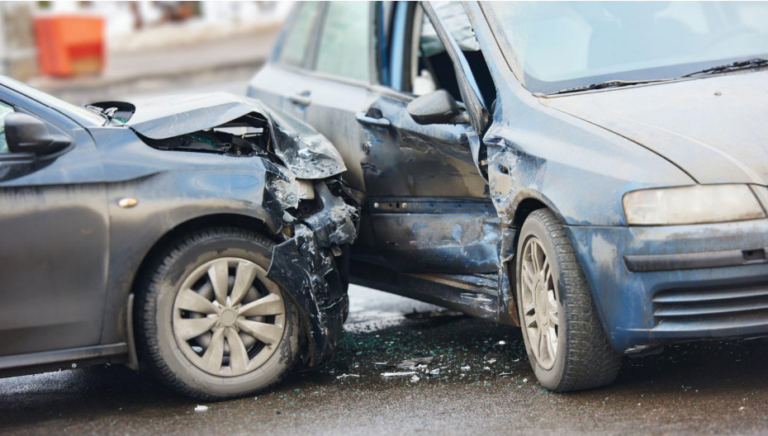Examinations for Discovery
If you are involved in a personal injury case, you may be scheduled for an examination for discovery. A brief overview is provided here, though your Halifax lawyer will review with you in advance the purpose and importance of this procedure for your case.
What is an Examination for Discovery?
An examination for discovery (also known as a “pretrial discovery”) is a modern pre-trial procedure conducted after a personal injury claim is filed with the court and before a trial is scheduled. The examination for discovery takes place in a meeting room (not a courtroom) and is closed to the public. The only people present are the parties, their lawyers and court reporter. A judge is not present but there is a degree of formality as an examination for discovery is part of the court process.
The purpose of discovery is for both parties to exchange vital information for the case by disclosing facts, documents and other such information that is exclusively within one party’s knowledge or possession and necessary to the other party’s defense.
The rules for discovery allow certain hearsay evidence to be admissible even if not admissible in a trial. For example, a person may refer to things that he or she has been told by others (hearsay). Also, a medical document must be disclosed if it relates to a “matter in question” in the case even though the physician who prepared a report is not normally present to verify having written it.
There is no automatic right to obtain documents or oral evidence from individuals who are not party to the action. To secure information from non-parties, leave of the court is required and granted only if the information could not otherwise be obtained from a person whom the requesting party is entitled to examine, it would be unfair to force the requesting party to proceed to trial without evidence and if the examination will not unduly delay the start of the trial, cause unreasonable expense or be unfair to the non-party.
Why is an Examination for Discovery Important for Your Case?
As part of gathering evidence for a potential trial, the defense lawyer will also want to hear your knowledge about what happened, what injuries you sustained and how you are currently managing with your injuries. The defense lawyer is seeking to evaluate the strength of your case based on the facts provided and your credibility as a witness for trial.
Your lawyer will be present to guide you by letting you know what questions to answer and what questions not to answer. A broad range of open-ended and leading questions may be asked provided they are relevant to the case. The statements made are under oath and a court reporter will document what is said.
The examinations for discovery will support your case by providing evidence in your favour or, if you are not careful, it can harm your case. If you change your oral statement from what you claimed initially, your credibility as a witness may be discredited. It is important to be accurate about the details of your case and not feel pressured to tweak your recollection of the accident. It is critical to carefully answer the questions without missing important details or providing information not requested that could later be used against you.
What are the Goals of an Examination for Discovery?
One of the goals of an examination for discovery is to ensure that the parties have all the information needed for a trial. It is also anticipated that, once all the information is exchanged and the disclosure is agreed to be complete, the parties will have the ability to reach a settlement expediently and inexpensively without involving the court. Nearly all cases do settle prior to a trial, though they should all be handled from the outset with the understanding that a settlement cannot be reached and a trial may be necessary.
If you have any more questions about the examination for discovery phase of a personal injury claim, call us at CLG Injury Law at 1-800-606-2529.







